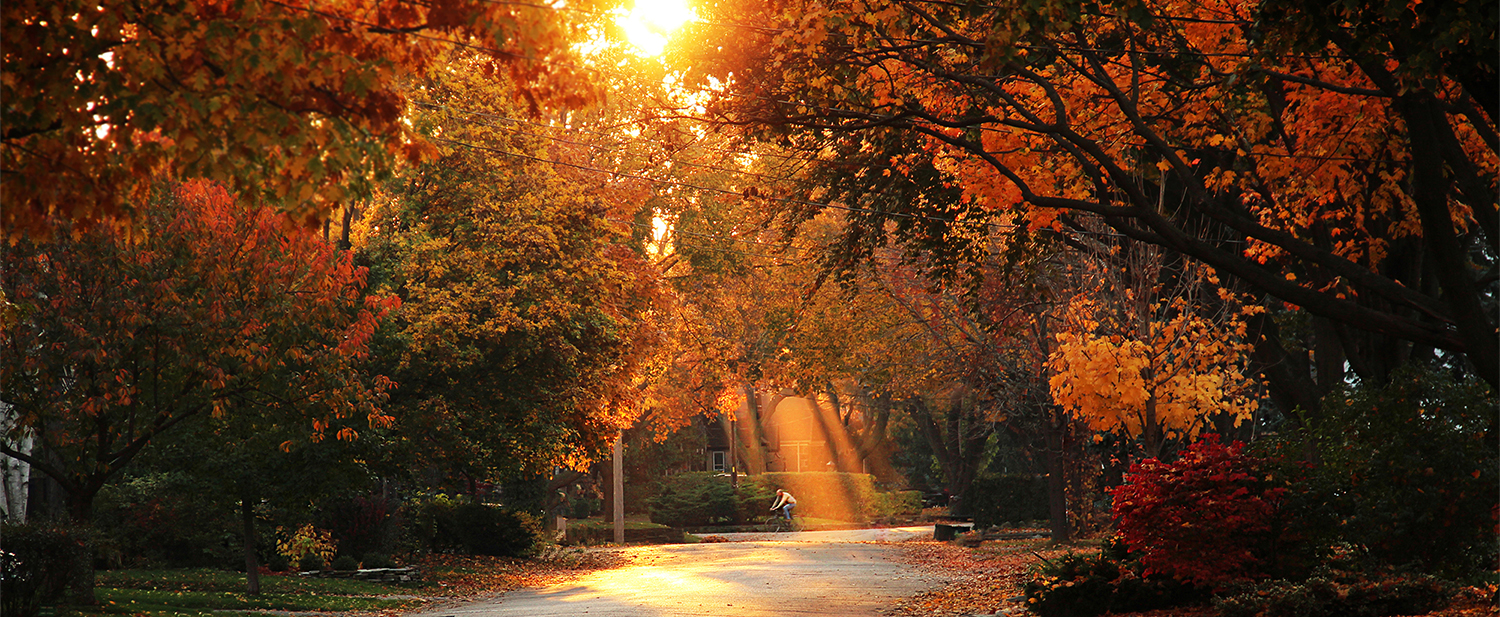It is important to note than anyone who wants to share their home with two unrelated persons is welcome to do so without requiring a license to operate a rooming house.
That's affordable housing if the owner chooses to provide it.
Basement apartments are also permitted in all homes in our area. Since very few homes in the district contain 6 bedrooms it’s hard to see how a rooming house designation would even fit into the fabric of the neighborhood.
Our primary concern is business entities buying up houses to make these conversions and then taking advantage of buying up neighboring houses cheaply when neighbors they decide they cannot put up with the noise, parking issues garbage bins and so forth. You can expect lawns and trees will be removed as ad-hoc parking is installed without permissions sought.
That is the start of assembling parcels of land upon which much larger buildings can be constructed in the future.
On our Facebook page are articles that outline the history of rooming houses and the way they have been used to do blockbusting in High Park and elsewhere.
Rooming houses are not a long-term solution to the affordable housing crisis: they are a damaging stopgap measure that permits depreciation of housing stock values and an opportunity for large developers to purchase tracts of land for future development. (This is documented in Section 4 of A Brief History of Rooming Houses, 1972-94, accessible at (http://www.ontariotenants.ca/research/rooming-houses.phtml)
Read this excellent summary by Councillor Holyday regarding the implications of these changes in zoning that would blanket the city. Currently rooming houses are restricted to specific areas.
